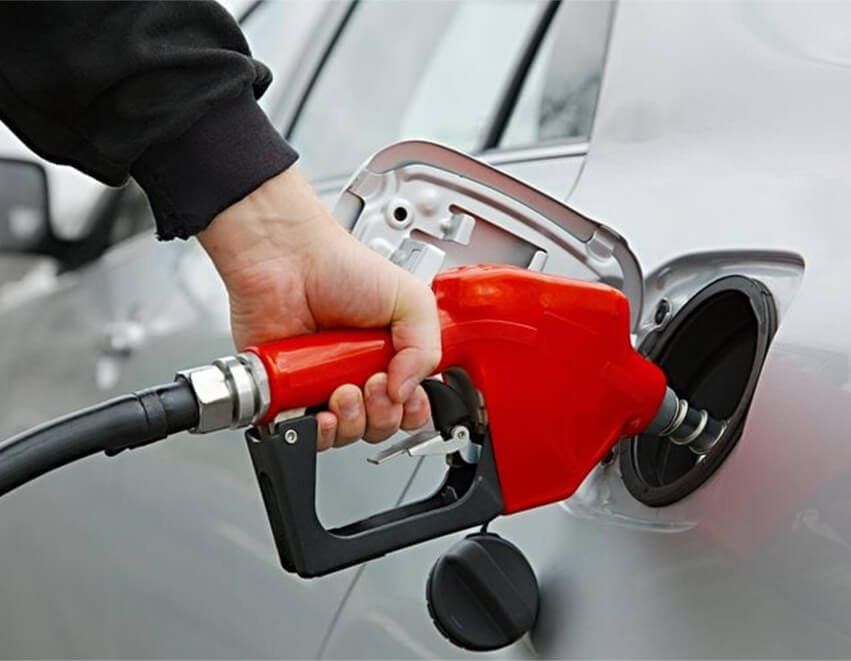Choosing the correct oil hose is crucial for project success, ensuring compatibility, durability, and efficiency in fluid transfer applications. Factors such as hose material, project requirements, and expert advice play key roles in making the right selection. Key Factors to Consider When Selecting an Oil Hose Hose Material Be sure to assess the material used […]
Choosing the correct oil hose is crucial for project success, ensuring compatibility, durability, and efficiency in fluid transfer applications.
Factors such as hose material, project requirements, and expert advice play key roles in making the right selection.
Be sure to assess the material used in the oil hose.
Common materials include rubber, PVC, polyurethane, and various blends designed to withstand different oils and temperatures.
Evaluate the specific requirements of your project, including the type of oil being transferred, operating pressure and temperature, environmental conditions, and compatibility with other fluids or chemicals.
Seek guidance from reputable suppliers or industry experts who can recommend the most suitable oil hose based on your project specifications.
They can provide insights into material compatibility, performance characteristics, and regulatory compliance.
Rubber oil hoses are versatile and commonly used for industrial applications where flexibility, durability, and resistance to abrasion and oil are essential.
They are suitable for hydraulic systems, automotive engines, and general industrial fluid transfer.
PVC oil hoses are lightweight and cost-effective options for less demanding applications where resistance to oil and chemicals is necessary but not as critical as with rubber hoses.
They are suitable for light-duty tasks such as oil and fuel dispensing.
Function: Polyurethane oil hoses offer excellent resistance to abrasion, oil, and chemicals, making them ideal for applications requiring durability and flexibility.
They are commonly used in construction equipment, paint sprayers, and pneumatic tools.
Selecting the right oil hose involves considering factors such as hose material, project requirements, and expert advice to ensure efficient and reliable fluid transfer.
Understanding the types of oil hoses available and their respective applications helps in making an informed decision.




